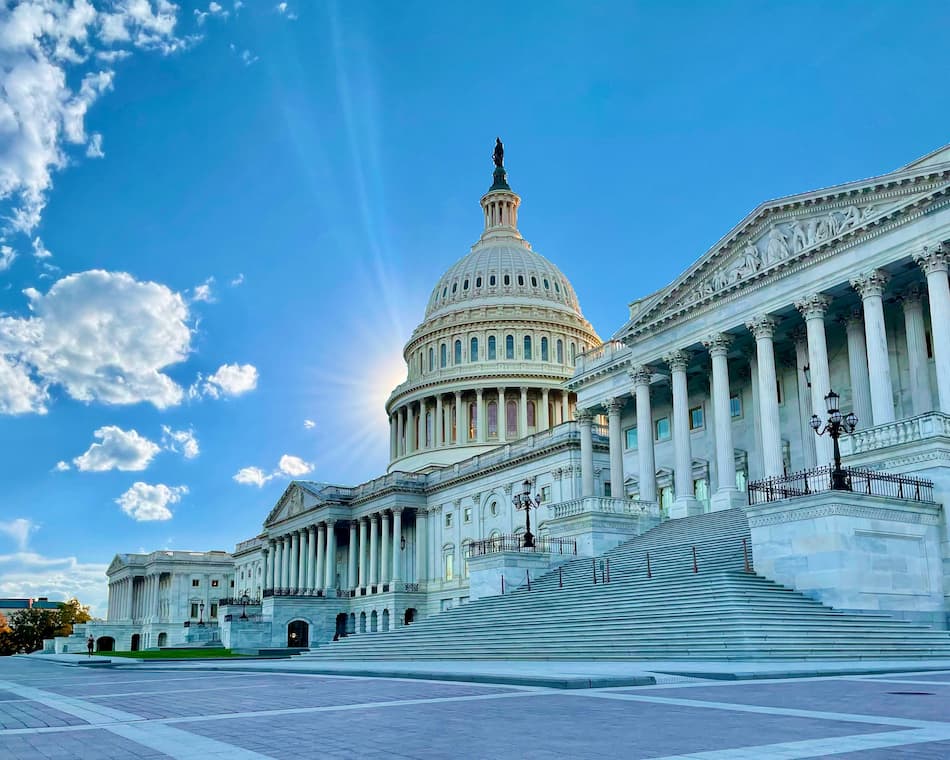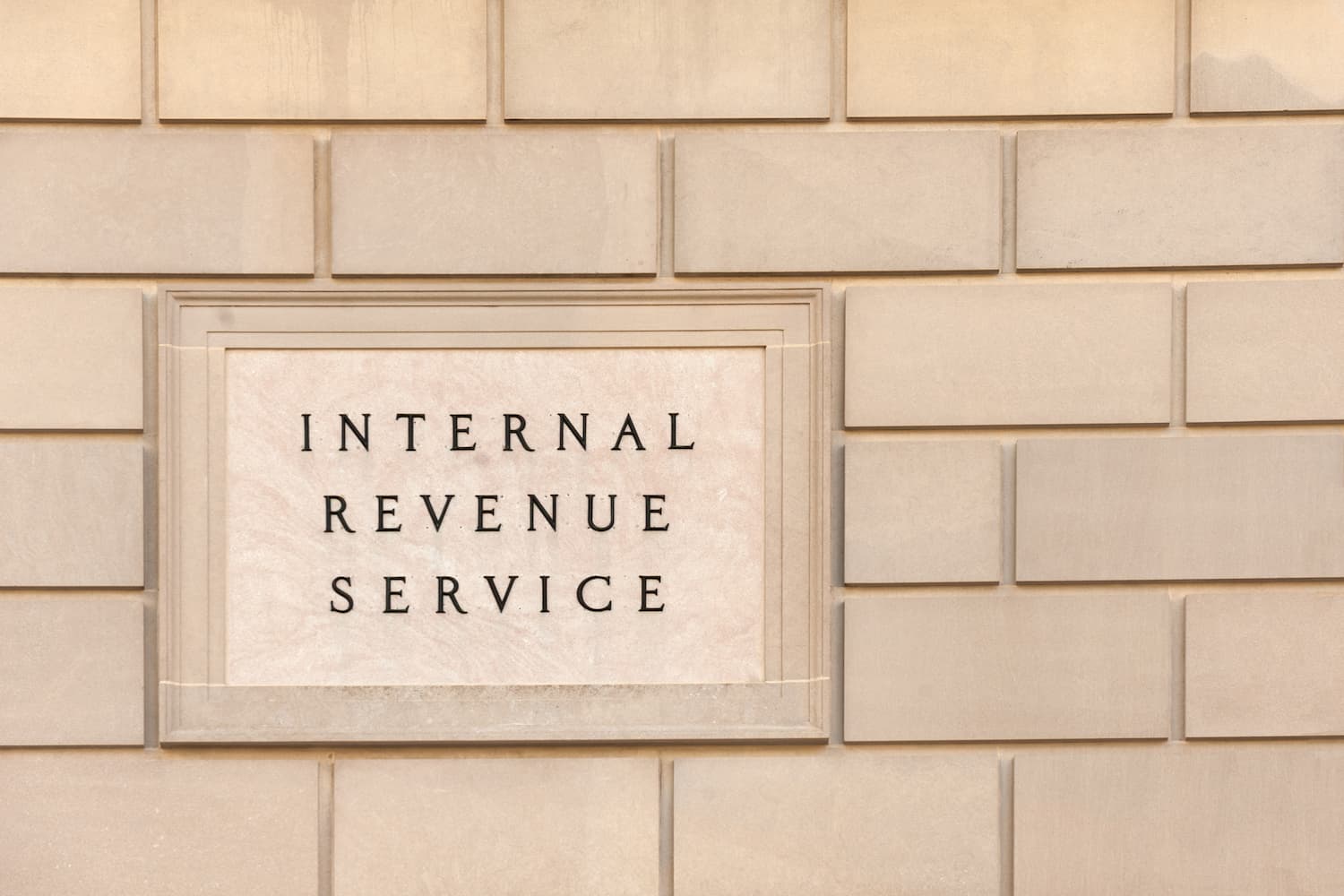Written by
Will Miranne
Will is an aPHR-certified writer on the marketing team at BerniePortal. He writes about healthcare, human resources, and benefits.
New Bill Proposes Increase in Overtime Threshold

The Restoring Overtime Pay Act of 2023 proposes new changes to the overtime threshold. The bill seeks to improve pay inequality by allowing certain salaried employees to earn overtime pay.
Read on to learn more about the bill and how it may impact your organization.
What Is the Restoring Overtime Pay Act of 2023?
The Restoring Overtime Pay Act of 2023 was first introduced by Senator Sherrod Brown on March 29, 2023, with the aim of strengthening overtime protections for American workers. It builds onto the proposal set forth by the Obama administration that would have increased the threshold to $47,476. This number was eventually brought down to $35,000 by the Trump administration, where it currently stands.
The bill has been cosponsored by several other senators, including Bernie Sanders, Elizabeth Warren, and Cory Booker, and has received support from various labor organizations and advocacy groups.
The proposed legislation seeks to expand overtime pay protections for workers by raising the salary threshold for eligibility from the current level of $35,568 per year to $45,000 per year. This would mean that workers earning less than $45,000 per year would be eligible for overtime pay if they work more than 40 hours per week. The bill also includes a provision that automatically adjusts the threshold every three years to account for inflation.
What Does the New Bill Mean for Employers?
The proposed bill has garnered significant attention from both employers and employees, as it has the potential to significantly impact the labor market. The bill would provide greater protections and compensation for workers who put in extra hours on the job, which could help address issues related to income inequality and poverty. However, it could also increase costs and administrative burdens for businesses, particularly small-to-medium-sized businesses (SMBs).
Overall, the Restoring Overtime Pay Act of 2023 is an important piece of legislation that could have far-reaching implications for workers and businesses in the United States. As the bill moves through the legislative process, it will be important to closely monitor the potential impacts on SMBs and other stakeholders.
→ Stay prepared for HR challenges this year. Download Now: State of HR 2023 [Free Survey Report]
Should SMBs be Concerned About the Proposed Legislation?
The impact of the Restoring Overtime Pay Act on SMBs is a point of contention. Some argue that increasing the salary threshold for overtime pay will result in higher labor costs for SMBs, which could lead to reduced profits or even layoffs. However, others argue that paying workers fairly for their overtime work will increase employee morale, reduce turnover, and ultimately benefit SMBs in the long run.
One potential concern for SMBs is that the bill includes a provision to eliminate the exemption for executive, administrative, and professional employees. This means that employees who currently fall under these exemptions would be eligible for overtime pay if they earn less than $45,000 per year. Some business groups have raised concerns that this could lead to increased costs and administrative burdens for businesses, particularly those that rely heavily on salaried employees.
Proponents of the bill argue that many workers who currently do not receive overtime pay are low-wage workers who are most in need of additional income. By increasing the salary threshold for overtime pay, these workers could earn more money for their extra work, which could help alleviate poverty and reduce income inequality.
Opponents of the bill argue that it is overly burdensome for employers and will result in job losses, particularly in industries that rely heavily on low-wage workers, such as retail and hospitality. They also argue that the bill could result in fewer opportunities for salaried employees, as employers may choose to shift more work to hourly workers who are eligible for overtime pay.
It will be critical for employers to keep a close watch on this proposed legislation as it could spell significant changes for their budgets and financial strategies.
Additional Resources
You can also stay informed, educated, and up-to-date with all things HR by using BerniePortal’s comprehensive resources:
-
BernieU—free online HR courses, approved for SHRM and HRCI recertification credit
-
BerniePortal Blog—a one-stop-shop for HR industry news
-
HR Glossary—featuring the most common HR terms, acronyms, and compliance
-
HR Guides—essential pillars covering an extensive list of comprehensive HR topics
-
HR Party of One—our popular YouTube series and podcast, covering emerging HR trends and enduring HR topics
Written by
Will Miranne
Will is an aPHR-certified writer on the marketing team at BerniePortal. He writes about healthcare, human resources, and benefits.
Related Posts
To employees, payroll may seem pretty straightforward. Employers, on the other hand, know...
Recent news has shown business leaders, and particularly human resources professionals,...
The IRS announced in May of 2024 the updated HSA contribution limits for 2025, which take...
If you haven’t heard about Ozempic or Zepbound yet, it’s bound to hit your radar soon!



.jpg)




Submit a Comment